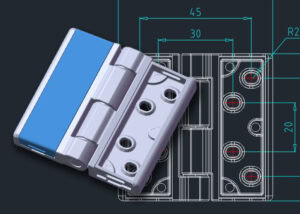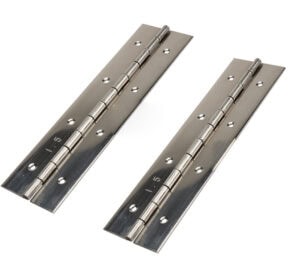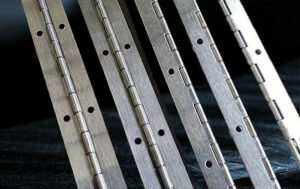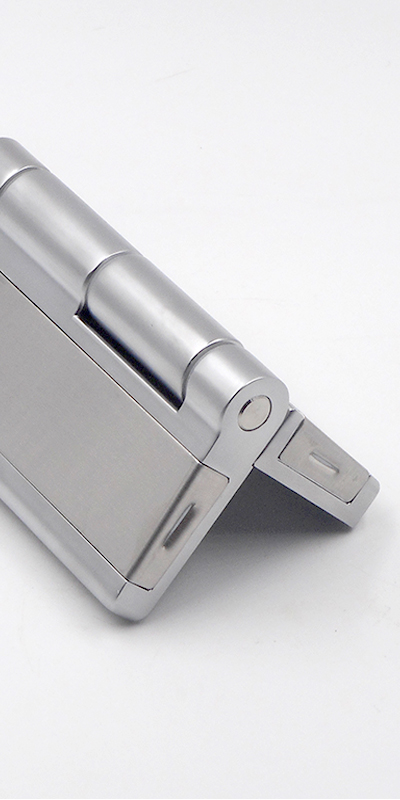Industrial businesses need reliable doors to maintain security, temperature control, and operational efficiency. Choosing the wrong door can result in energy loss and downtime. Here’s how six types of industrial doors provide the right solutions.
The six types of industrial doors are roller shutter doors, sectional overhead doors, high-speed doors, folding doors, sliding doors, and fire-rated doors. Each offers unique advantages for security, insulation, and operational efficiency in different industries.
Selecting the right door is essential for maximizing productivity and facility performance.
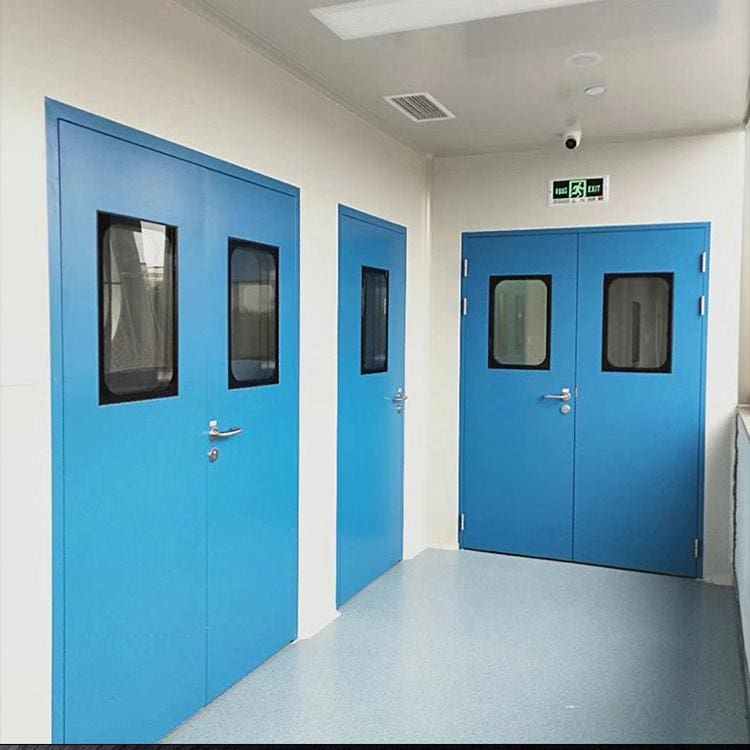
Roller Shutter Doors
Roller shutter doors are highly durable and space-saving solutions ideal for various industrial settings, including factories and warehouses. Constructed from interlocking slats, these doors roll up into a compact coil, ensuring that no valuable space is lost around the entrance.
The strong materials used in roller shutter doors, such as steel and aluminum, offer excellent resistance to external elements and physical impacts. Their ease of operation, whether manual or motorized, makes them a preferred choice for facilities prioritizing quick access and enhanced security.
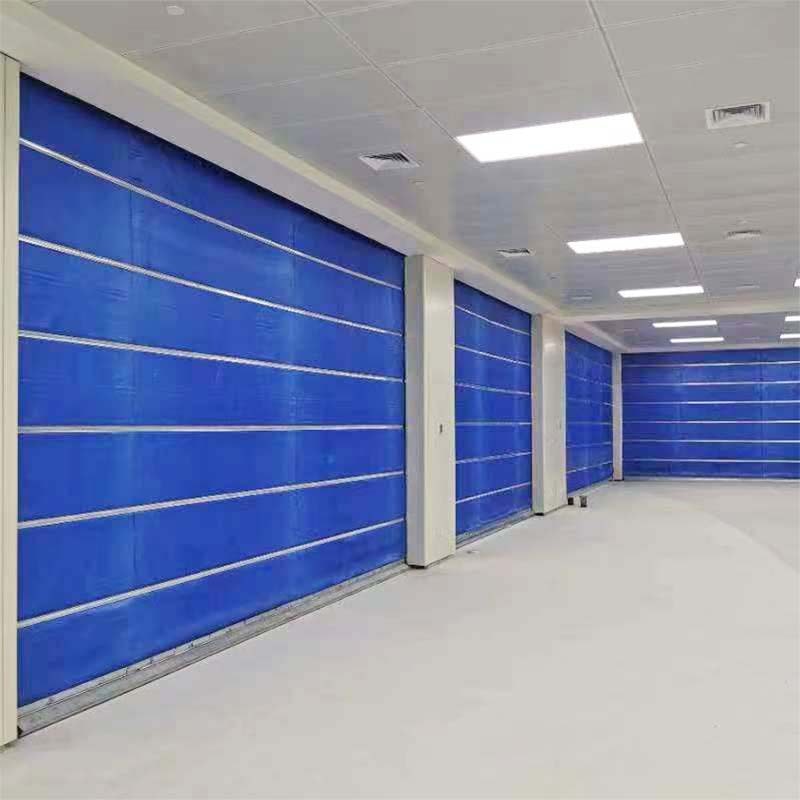
Sectional Overhead Doors
Sectional overhead doors are composed of horizontal panels that slide up and rest parallel to the ceiling when opened. These doors are perfect for environments requiring high insulation, such as cold storage rooms or logistics centers. Their airtight seal minimizes energy loss, keeping temperature-controlled environments efficient.
These doors also allow for maximum clearance and wide access, making them a practical choice for warehouses and loading bays. The strong, insulated panels provide both durability and energy efficiency, ideal for industrial facilities with heavy usage demands.
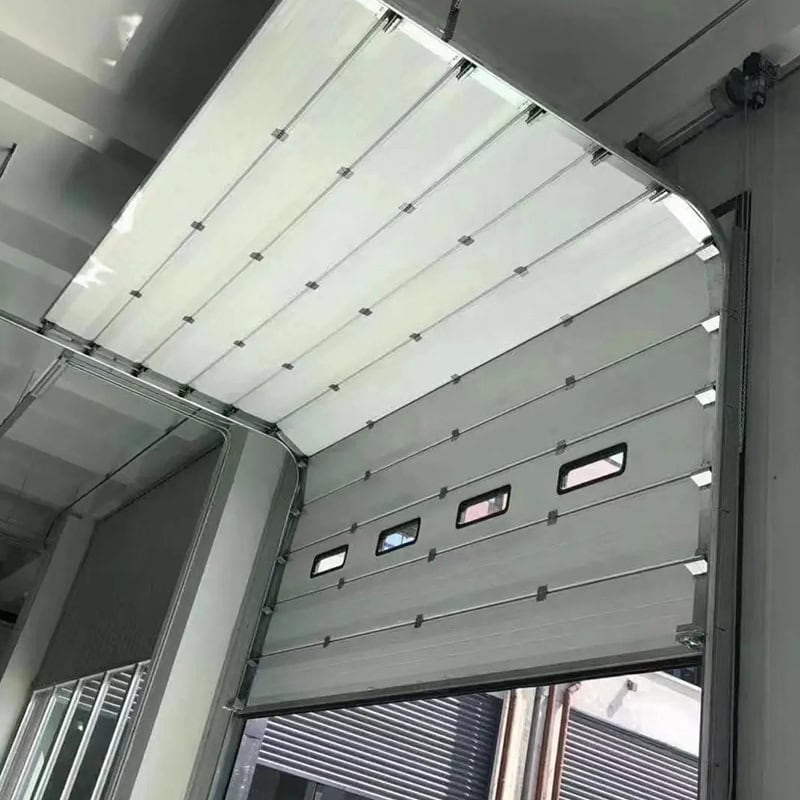
High-Speed Doors
High-speed doors are engineered to open and close rapidly, making them indispensable in industries where maintaining air quality or temperature is crucial. Commonly used in food processing plants or cleanrooms, these doors prevent contamination and ensure efficient workflow.
Manufactured from lightweight materials like PVC, high-speed doors can be customized to include thermal insulation and are often equipped with advanced safety features. Their fast operation helps improve energy efficiency by minimizing the time doors are left open, thereby reducing heat loss or gain.
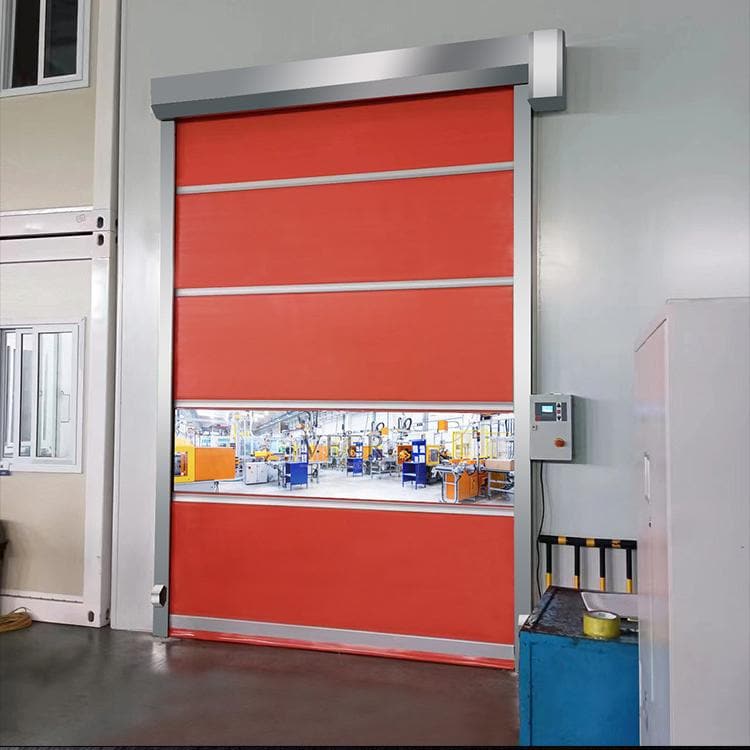
Folding Doors
Folding doors, also referred to as bi-fold doors, are particularly suited for facilities that require wide openings, such as airplane hangars or large industrial storage areas. These doors fold along multiple hinged points, allowing them to open and close efficiently while occupying minimal space.
These doors are robust and capable of handling frequent use in high-traffic environments. Folding doors can be operated manually or with automation systems, offering flexibility based on the needs of the facility.
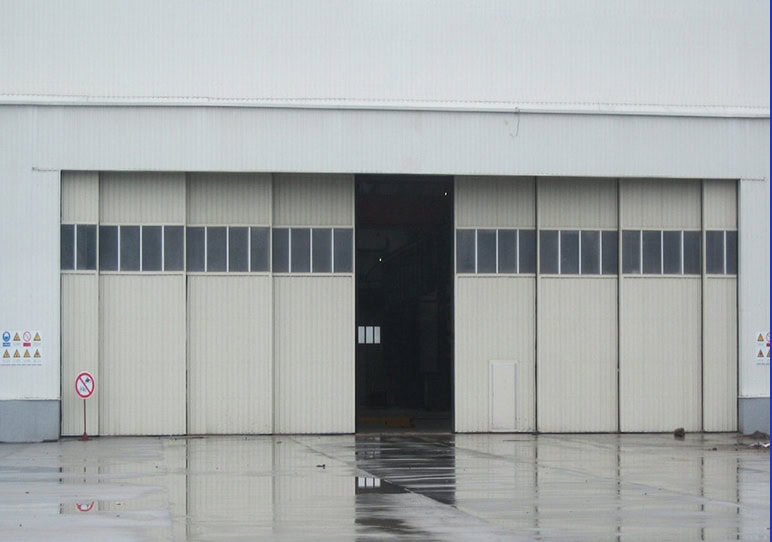
Sliding Doors
Sliding doors are known for their durability and suitability for large industrial spaces. They glide along tracks, making them ideal for settings where headroom is limited or when a wide and clear entrance is required. These doors are often installed in warehouses and manufacturing facilities where quick and secure access is a priority.
The customization options for sliding doors include features like fireproofing or soundproofing, making them adaptable to various industrial requirements. Their design ensures easy operation, and they can be used in both indoor and outdoor settings.
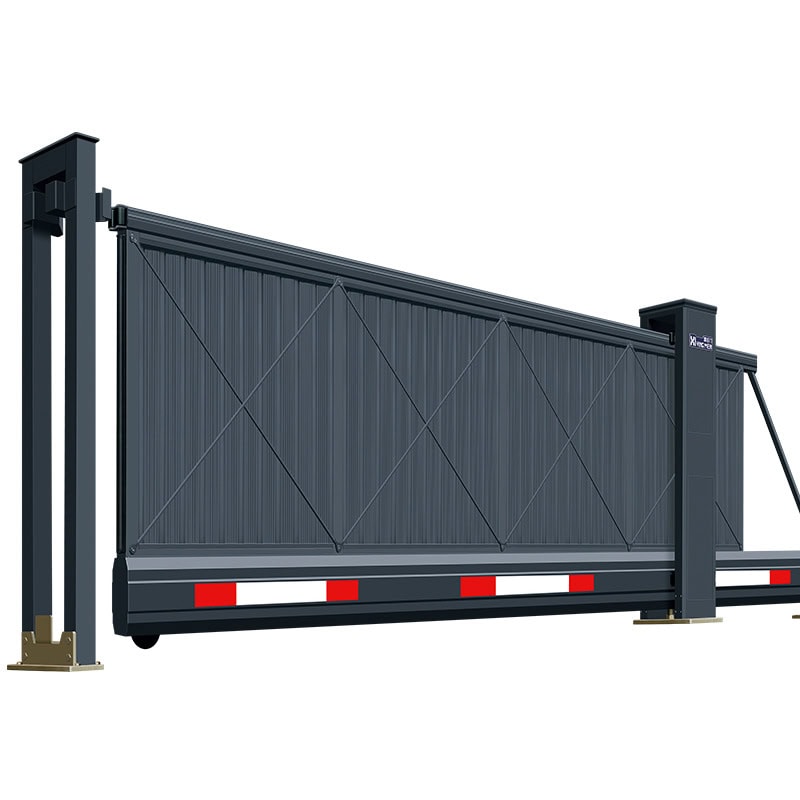
Fire-Rated Doors
Fire-rated doors are essential in industries where fire safety is a major concern, such as chemical plants and manufacturing facilities. These doors are made from fire-resistant materials, typically steel, and are designed to withstand fire for a specified period, usually between 30 to 120 minutes.
Fire-rated doors help contain the spread of flames and smoke, giving occupants time to evacuate and preventing extensive property damage. These doors are often required to meet specific safety standards and are equipped with smoke seals for added protection.
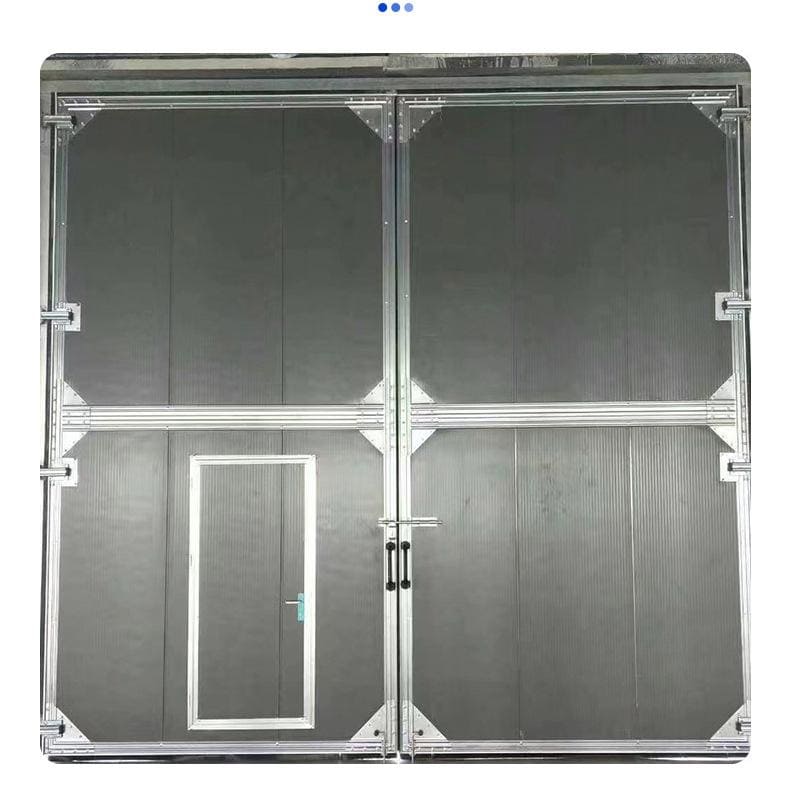
Conclusions
Selecting the right industrial door ensures operational efficiency, security, and safety. Each type is tailored to specific industrial needs, whether it’s maximizing space with roller shutter doors or enhancing fire safety with fire-rated doors. For certain specialized applications, such as with heavy duty hinges or aluminum hinges, having the correct door and hardware is crucial for long-term performance.

